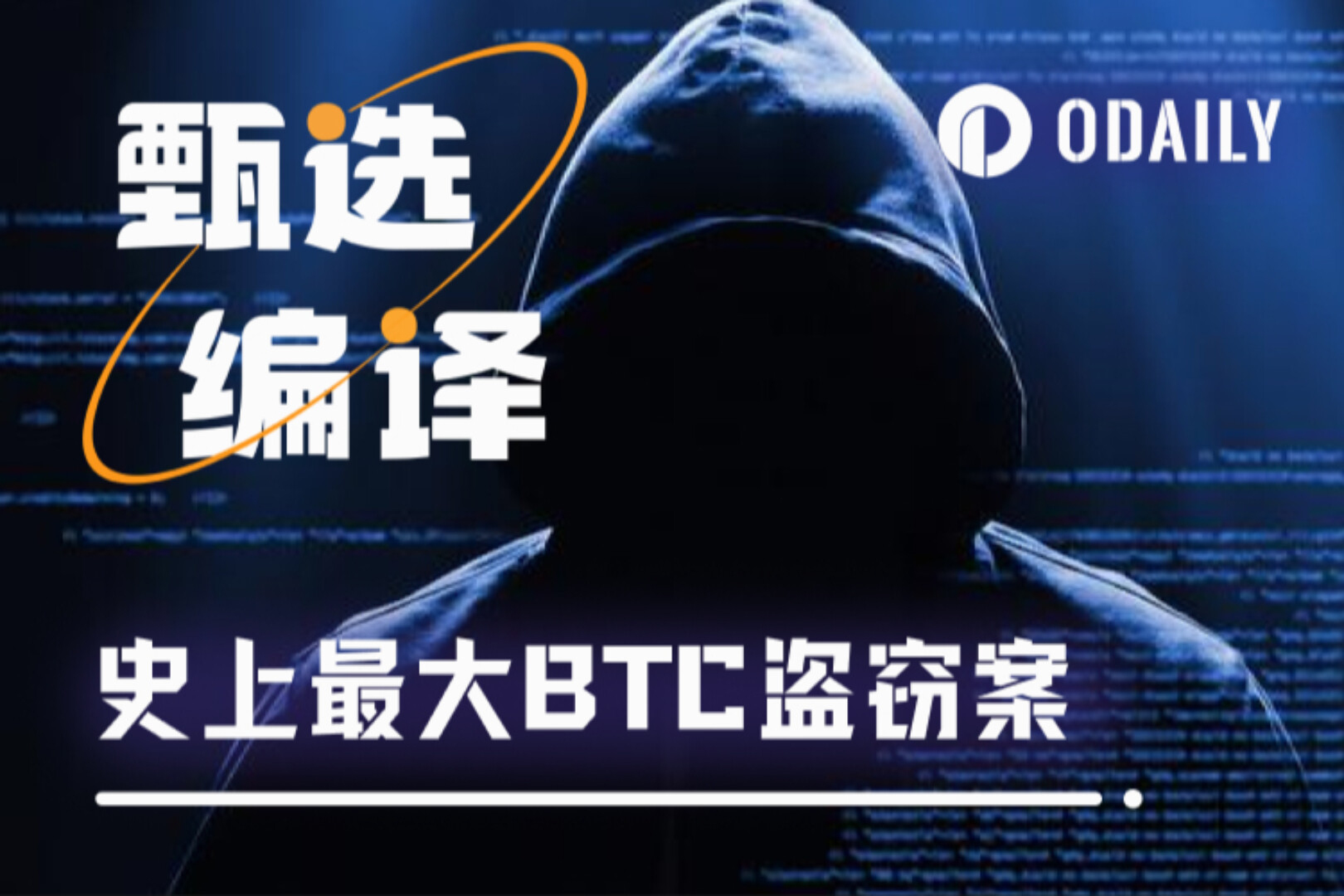Regarding the revision of the "Related Law on the Reporting and Use of Specific Financial Transaction Information" (hereinafter referred to as the "Special Fund Law") passed by the South Korean National Assembly on March 5, the biggest misunderstanding is that the subject of this law only includes exchanges. Related questions. In fact, all "virtual asset operators (VASPs)" including exchanges are subject to the amendment of the "Special Gold Act". Most businesses operating cryptocurrency (virtual asset) related services such as e-wallets, custody, ICO (Initial Coin Offering), decentralized finance (DeFi), etc. are within its bounds. Enterprises that meet the qualification requirements stipulated in the "Special Fund Act" can legally provide services in South Korea; on the contrary, enterprises that do not meet the qualifications will find it difficult to continue to survive.
The "Special Gold Law" only applies to exchanges? All related companies are bound objects
The virtual asset operators defined in the Amendment to the "Special Gold Act" are a comprehensive concept, including buying, selling, exchanging, transferring, storing and managing virtual assets, acting as intermediaries, introductions, agents, and others for the sale and exchange of virtual assets. According to the President Those who engage in business activities stipulated by the order. Judging from the legal provisions alone, all companies related to cryptocurrencies are subject to the "Special Gold Law".
So, which companies are specifically subject to this law? Judging from the report released by the blockchain technology research institute "HEXLANT" on February 26, companies that provide airdrop (Airdrop) and equity pledge (Staking) services bear the brunt and fall within the scope of legal constraints. Typical ones are Luniverse Drops, Air Wallet, Cobak, Coinus, Pokiit, Coinone Plus, Terra Station, etc. Second, companies that provide cryptocurrency storage and management services are also subject to restrictions. Including HEXLANT Custody, Upbit Safe, Blot Trust, DASK, Atomrigs Lab, FuzeX, etc.
However, there are explanations that P2P trading platforms, decentralized wallets such as Samsung Wallet, Decent, and cold wallets are not subject to the "Special Gold Law" if they do not actually keep encrypted assets (not within the definition of the "Special Gold Law"). virtual asset operators). In addition, validators participating in the management of the Proof of Stake (PoS) main network accept the asset or equity entrustment of cryptocurrency holders, and the services provided by EcoinNode, CoinoneNode, etc. on behalf of the management nodes are essentially custodial behaviors and are likely to be listed as The category of encrypted asset operators defined by the "Special Gold Act".
Will the DeFi industry also be constrained? "Very likely"
Is the Decentralized Finance (DeFi) industry also subject to the "Special Gold Law"? There is much controversy on this issue. DeFi is generally an automated system based on community voting and smart contracts, without an independent operating entity, so it has always been outside the framework of legal supervision. But the legal profession has a different view on this. Lawyer Quan Duan said at the blockchain seminar held in November last year, "Although DeFi advertises decentralization, most domestic DeFi services have clear business entities." "If these operators have profit-making behavior, they should bound by law".
Foreign companies also need to be bound by Korean domestic laws. MakerDAO, which offers cryptocurrency lending services, is no exception. MakerDAO is the issuer of the stable currency "DAI" and the "MKR" currency used as loan fees, and is headquartered in California, USA. The company owns a large number of "MKRs" and establishes branches to carry out marketing and other activities. Lawyer Quan said, "It depends on whether MakerDAO has any business activities." "Although the company does not directly charge interest on DAI, it can obtain indirect benefits through the rise in currency prices." According to the analysis, as long as there is profit, it may become the binding object of the "Special Gold Act".
Will the ICO companies transferred abroad be affected?
The status of ICO companies is unclear. In September 2017, after the South Korean Financial Services Commission issued guidelines prohibiting ICOs, most ICO companies moved overseas. These companies set up ICO fund legal entities overseas, but developed projects in Korea. Obviously, project development companies based in Korea need to be bound by the "Special Fund Act". So, what about fund legal persons located overseas? It's not clear yet.
However, the "Special Fund Law", like the "Capital Market Law", also has an "overseas application" clause. Paragraph 2 of Article 6 (Scope of Application) of Chapter 3 of the Amendment to the "Special Fund Law" expressly stated that "virtual asset operators who engage in foreign financial transactions that affect the country also need to accept the constraints of this law."
Therefore, even if an ICO is carried out overseas, as long as it conducts profit-making activities such as cryptocurrency sales to domestic users, it will also be subject to the "Special Gold Act". Therefore, most ICO companies such as Luniverse, Medibloc, Moviebloc, Carryprotocol, Icon, Metadium, Terra, Fleta, and Phantom will be bound by the "Special Fund Law" to a certain extent. However, Klaytn has only issued tokens to foreign institutional investors in the form of private placement so far, which is temporarily outside the scope of the "Special Fund Law". If the company provides tokens to domestic investors or demanders in South Korea in the future, it will be included in the legally binding framework.
What are the obligations of virtual asset operators?
Virtual asset operators must fulfill all obligations imposed by the amendment to the Special Fund Act. The first is the reporting obligation. Operators must report various information such as the name of the business, the name of the legal representative, the registered business place of the legal person, and contact information to the director of the Financial Information Analysis Institute in accordance with the provisions of the Presidential Decree.
Operators are also obliged to report suspicious illegal property transactions and large-value transactions. Encrypted asset operators are obliged to report to the director of the Financial Information Analysis Institute when they have legitimate reasons to suspect that the property received by users through financial transactions is illegal property, or when they have legitimate reasons to suspect that the parties to financial transactions are laundering money or raising funds that endanger the public. Report the situation. At the same time, when users conduct cash or other financial transactions with an amount exceeding 10 million won, operators must also report the relevant situation to the authorities within 30 days of the transaction. In other words, virtual asset operators will assume the same anti-money laundering obligations as financial institutions.
What kind of conditions can enterprises apply for registration?
The core of the "Special Money Act" is to use the "declaration and registration system" to manage cryptocurrency-related companies. Only after submitting the declaration and registration materials and being accepted by the authorities can the enterprise legally carry out business activities. So, what are the conditions for the application to be accepted? First, you need to pass the information protection management system (ISMS) certification. ISMS has a total of 80 certification standards, including information protection management system (16 items) and protection measures (64 items), and the review process takes more than a year and costs more than 100 million won, making the process very complicated. For newly established start-ups, it is undoubtedly a very high threshold. At the same time, the operator also needs to obtain a deposit and withdrawal account (real-name account) that has passed real-name verification. Given that most exchanges have not yet obtained real-name accounts, it is expected to be more difficult for newly established companies to obtain real-name accounts.
Judging from the legal provisions alone, it seems difficult for start-ups or companies with insufficient capital to carry out cryptocurrency-related operations. But it's not impossible. Because the law also stipulates that when formulating the implementation rules, exceptions to ISMS certification and real-name account restrictions must be stipulated. Therefore, experts have commented that the amendment to the "Special Gold Act" is "the devil comes out of the details." If the implementation rules are too strict on the reporting conditions, it may lead to the death of cryptocurrency-related industries.
The industry still generally has expectations for the "Special Gold Act"
Since the content of the amendment to the "Special Gold Act" is too broad and does not clearly stipulate what kind of situation needs to be restricted to what extent, there are many voices of concern in the industry. A person from a cryptocurrency custody company said that the obligation to open a real-name account under the "Special Fund Law" should have no impact on us." However, whether it has any impact will not be determined until the implementation rules are promulgated.
However, the industry as a whole still looks forward to the "Special Gold Law", believing that the new law can solve various problems in the market due to the lack of laws. A person related to a blockchain project said, “There has been no clear regulatory guidelines before, and business activities have been chaotic. After the”Special Gold Law” is passed, such problems should be somewhat resolved.”
* JoinD will also use the term "cryptocurrency (virtual asset)" when referring to government-related policies based on the content of the amendment to the "Special Gold Act".
JOIND Kwon Seona reporter kwon.seona@joongang.co.kr



